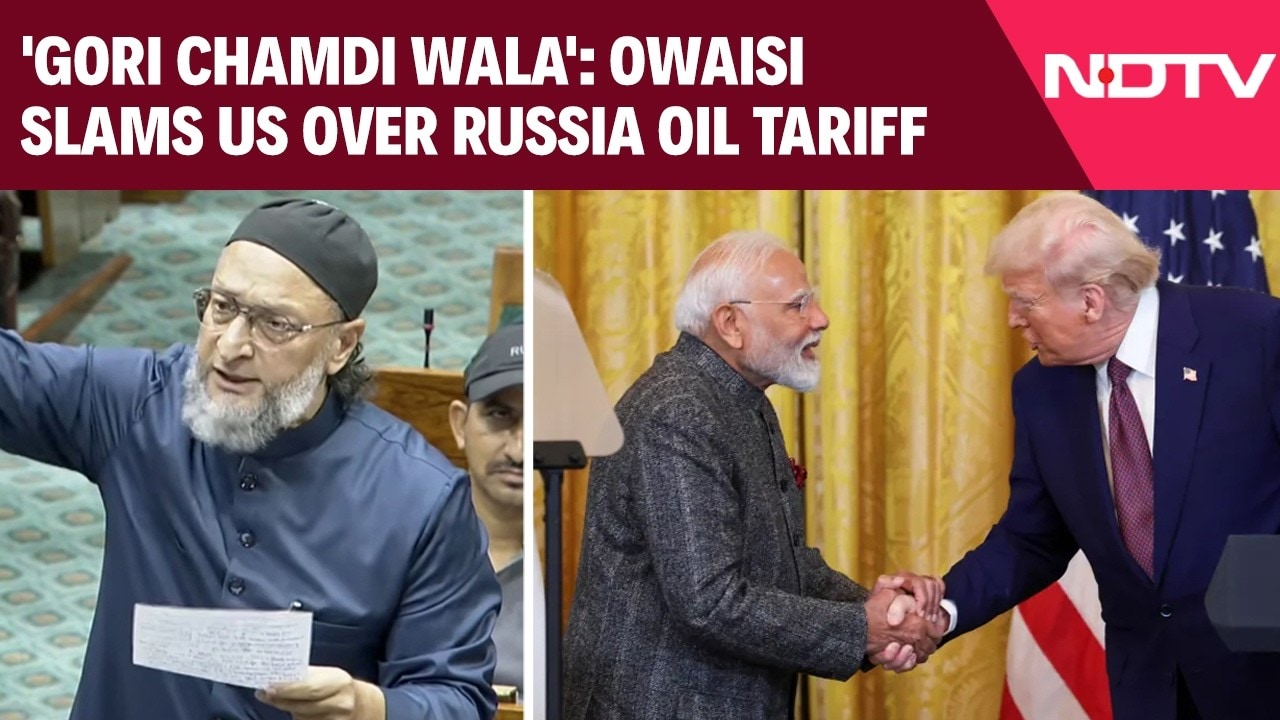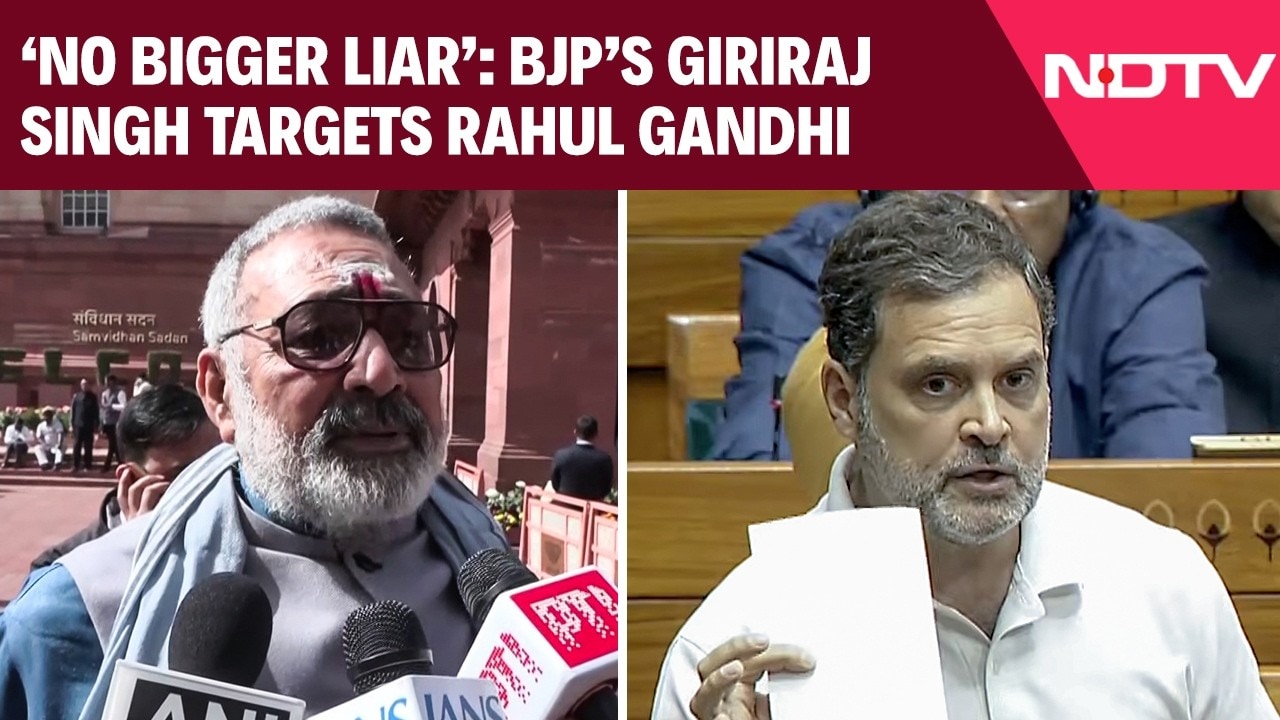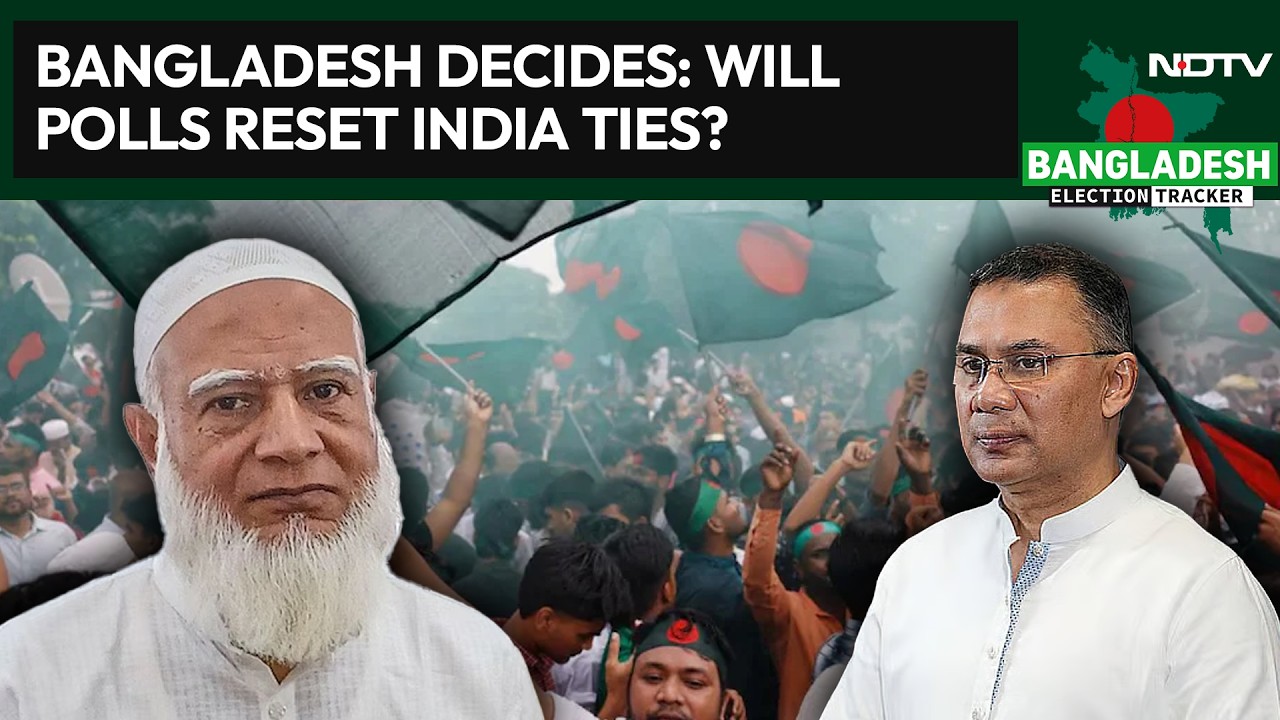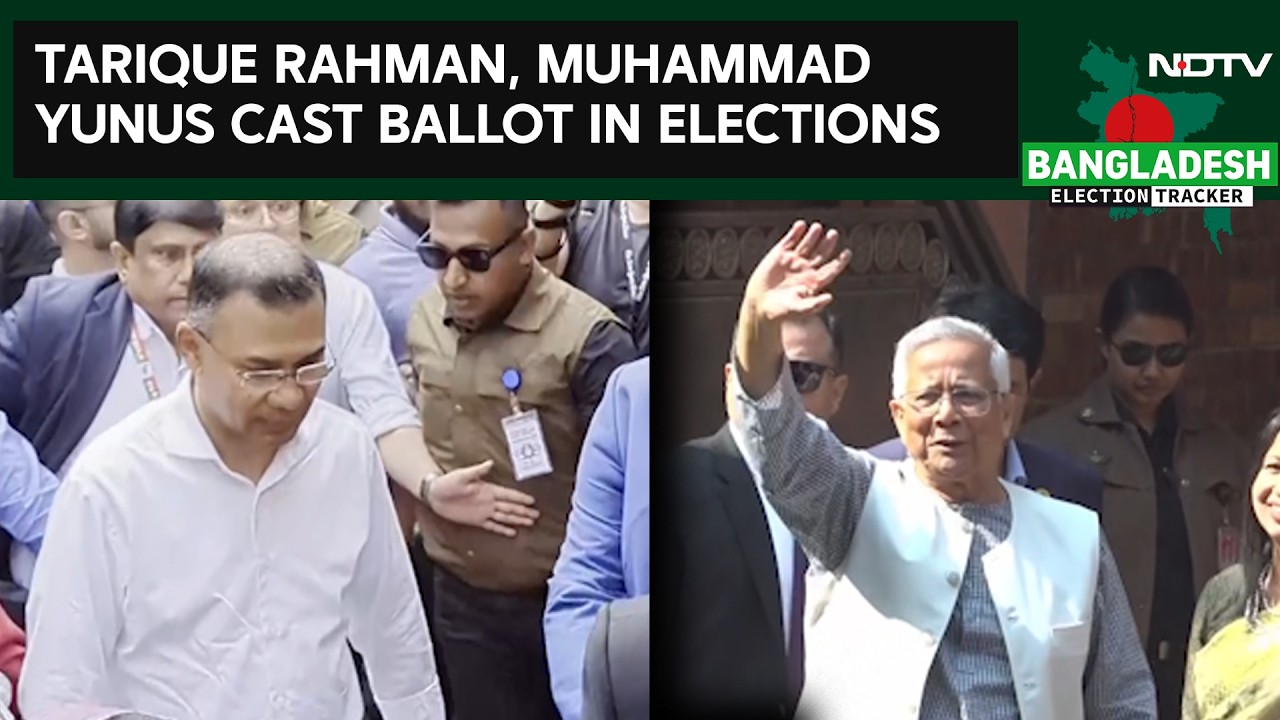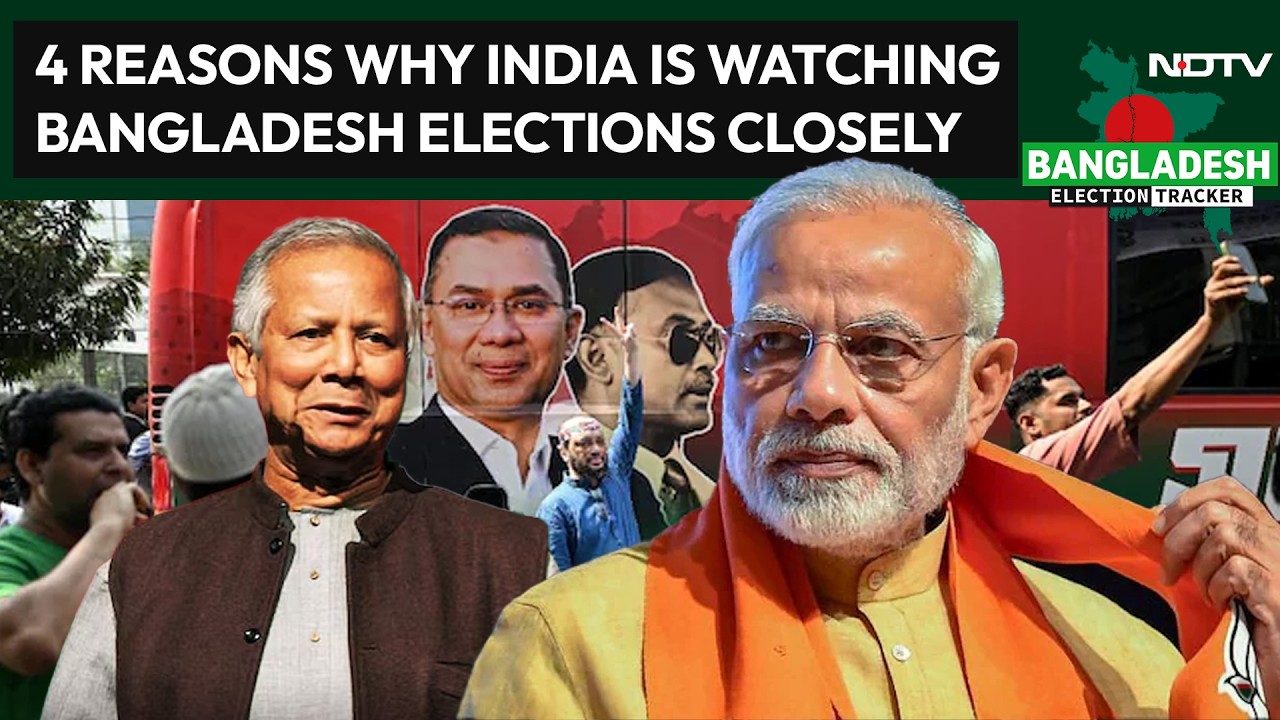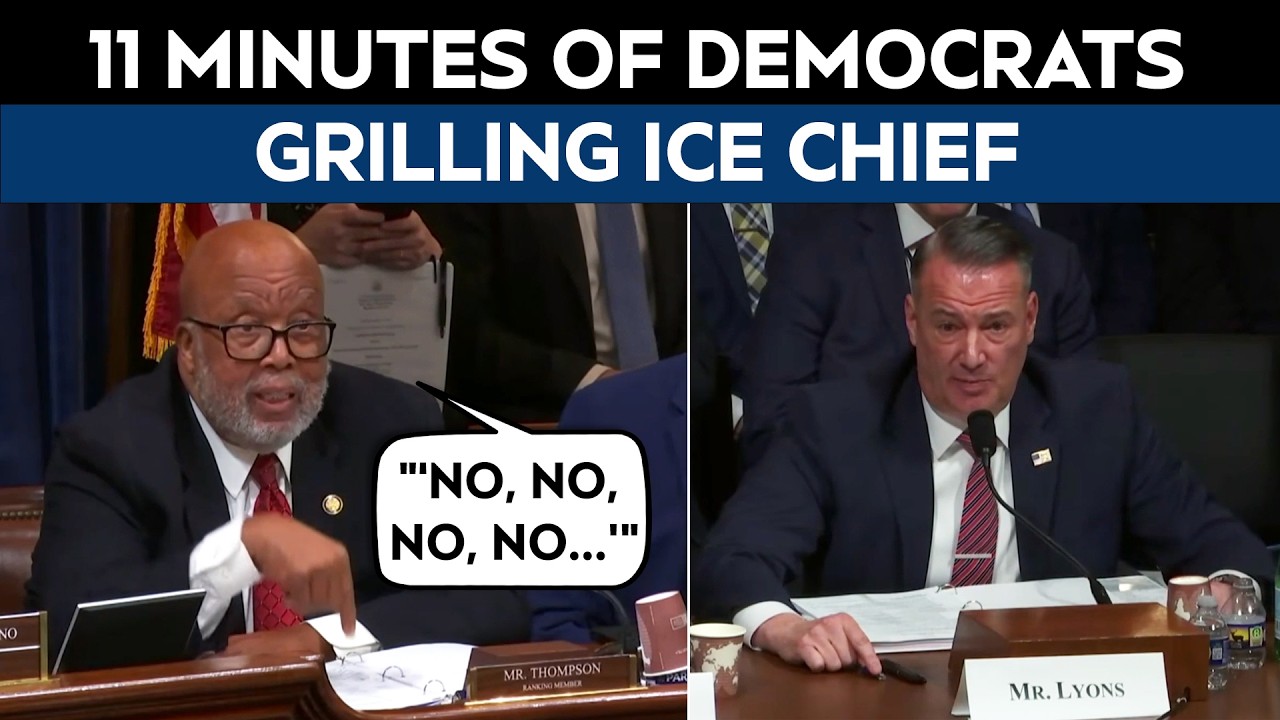S Jaishankar UNGA Speech | EAM Jaishankar Goes Furious Against Pakistan At UNGA
At the 80th session of UNGA, EAM Dr S Jaishankar says, "India has confronted this challenge since its independence, having a neighbour that is an epicentre of global terrorism. For decades now, major international terrorist attacks are traced back to that one country. UN's designated lists of terrorists are replete with its nationals. The most recent example of cross-border barbarism was the murder of innocent tourists in Pahalgam in April this year. India exercised its right to defend its people against terrorism and brought its organisers and perpetrators to justice. "While asserting our rights, we must also firmly face up to threats. Countering terrorism is a particular priority because it synthesises bigotry, violence, intolerance and fear. India has confronted this challenge since its independence, having a neighbour that is an epicentre of global terrorism. For decades now, major international terrorist attacks are traced back to that one country. UN's designated lists of terrorists are replete with its nationals. The most recent example of cross-border barbarism was the murder of innocent tourists in Pahalgam in April this year. India exercised its right to defend its people against terrorism and brought its organisers and perpetrators to justice. Because terrorism is a shared threat, it is essential that there is much deeper international cooperation. When nations openly declare terrorism a state policy, when terror hubs operate on an industrial scale, when terrorists are publicly glorified, then such actions must be unequivocally condemned. The financing of terrorism must be choked even as prominent terrorists are sanctioned. Relentless pressure must be applied on the entire terrorism ecosystem. Those who condone nations that sponsor terror will find that it comes back to bite them.
